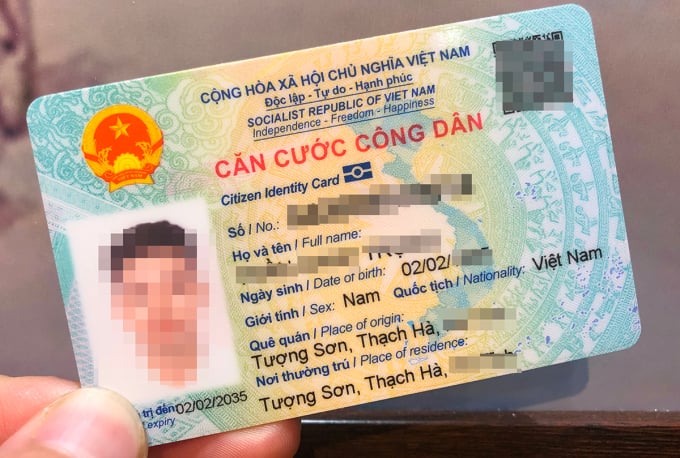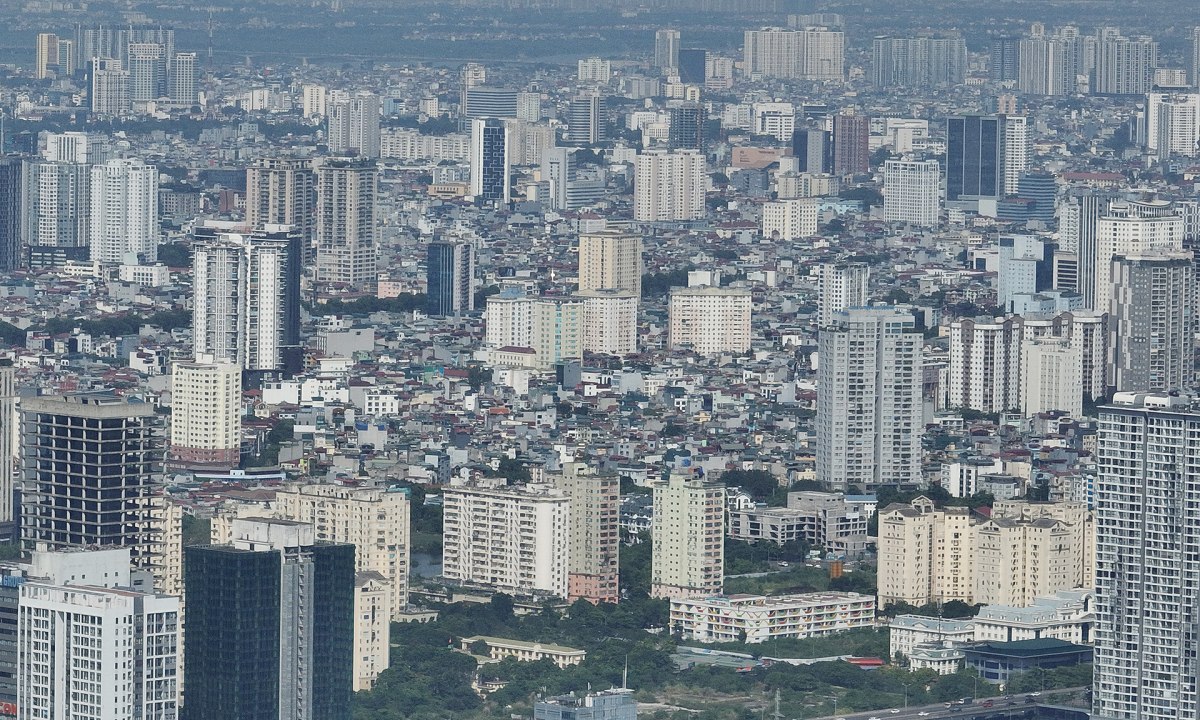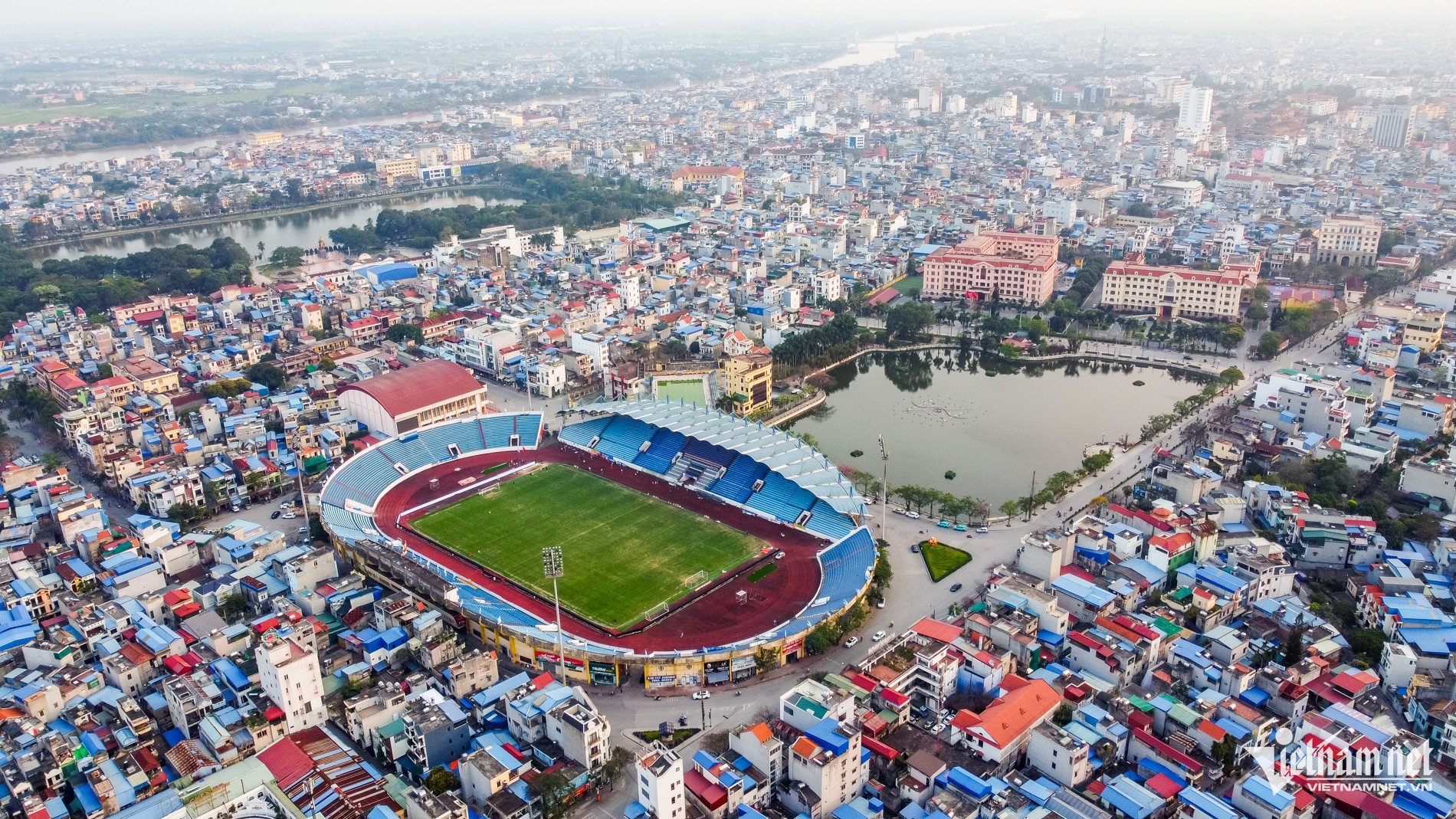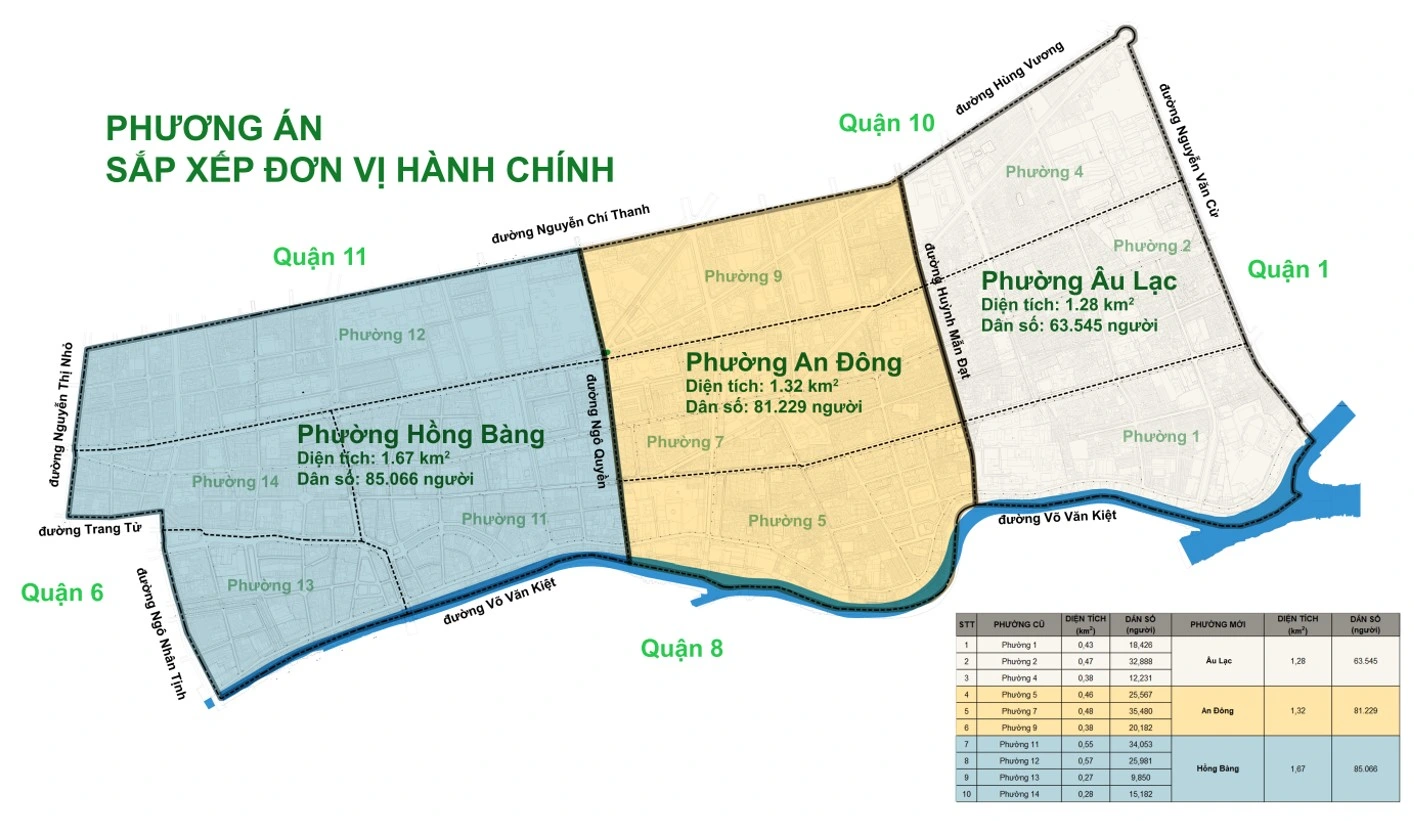National Assembly delegates proposed recording the father's and mother's hometowns on citizen identification cards following international experience because these are two places that hold a lot of meaning to each person.
On the morning of June 10, the National Assembly divided into groups to discuss the draft revised Law on Citizen Identification. In the Ho Chi Minh City group, lawyer Truong Trong Nghia was concerned about the information about hometown on citizen identification cards. For a long time, the default hometown was the father's hometown, not the mother's hometown, "is that reasonable or not?"
"What is the meaning of writing the father's hometown on the ID card? Why is the hometown section written as the father's hometown and not the mother's hometown? Can the mother's hometown be written on the citizen ID card?", delegate Truong Trong Nghia said, asking the Drafting Committee to study.
According to Mr. Nghia, the Drafting Committee also needs to unify the recording of "place of birth" or "place of birth registration". Because a person can be born in a hospital in one province but register their birth in another province, the draft law needs to have a unified understanding.
Agreeing with Mr. Nghia, Associate Professor Tran Hoang Ngan (Director of the Ho Chi Minh City Institute for Development Studies) suggested that the Drafting Committee consider showing both the paternal hometown and maternal hometown on the citizen identification card. "For most people, the maternal hometown has a lot of meaning, associated with childhood and memories," Mr. Ngan said.

Chip-embedded citizen identification card. Photo: Pham Du
Lieutenant General Nguyen Minh Duc (Deputy Chairman of the National Defense and Security Committee) shares the same view with lawyer Truong Trong Nghia that the place of birth and the place of birth registration are different. The current Immigration Law stipulates "place of birth" while the draft Law on Identification states "place of birth registration". Therefore, the information fields recorded on the ID card need to be considered appropriately and consistent with other regulations.
The draft revised Citizen Identification Law was submitted by the Government to the National Assembly on June 2. The draft law proposes to remove fingerprints and identifying features from the ID card and replace the information on hometown with the place of birth registration and permanent residence with the place of residence. According to the Government, this improvement aims to facilitate people when using ID cards, limit the need for reissuance and ensure privacy; people's information is exploited through electronic chips.
Replacing permanent residence with residential residence is considered practical because many people currently only have temporary residence or current residence. With this regulation, all people are eligible for an ID card; ensuring the rights when having personal documents to carry out administrative procedures and civil transactions.
The issuance of new ID cards is carried out according to the needs of the people. When there are no conditions to exchange for a new ID card, citizens can integrate information into the electronic ID (free on the VNeID application) to carry out administrative procedures, civil, economic and commercial transactions.
The draft Law on Citizen Identification (amended) will be discussed by the National Assembly in the hall on June 22.
Source link


![[Photo] Prime Minister Pham Minh Chinh receives Chairman of Commercial Aircraft Corporation of China (COMAC)](https://vstatic.vietnam.vn/vietnam/resource/IMAGE/2025/4/14/93ca0d1f537f48d3a8b2c9fe3c1e63ea)



























































































Comment (0)